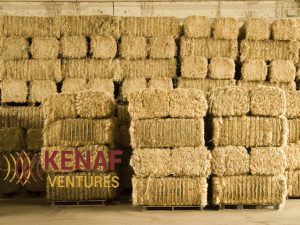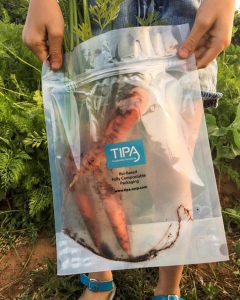Sounds like witchcraft, skeptics say. Hardly. First the recyclable items – like glass, metals and minerals – are extracted. The remaining materials – banana peels, chicken bones, dirty plastics, cartons and dirty diapers – are dried and milled into a grey powder. The powder then enters a reaction chamber, where it is broken down and reconstituted as a plastic-like composite material. This material can then be molded into bricks, beams, planters, cans and construction materials. The patented process produces no carbon dioxide or toxic bi-products and uses little energy and no water. Last but not least, according to UBQ, the material does not degrade when it’s recycled.























